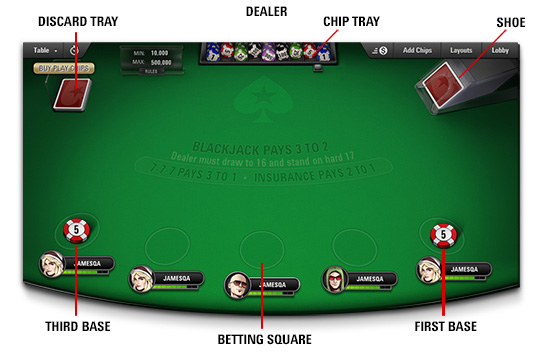Insurance In Blackjack
Simply, taking insurance means betting that the dealer will have blackjack. In blackjack, when the dealer is showing an Ace and before they show their hole card, a side-bet called insurance becomes. If blackjack is then drawn by the dealer, with a card valued at 10, insurance is paid out as double (2:1) the insurance wager. Insurance bets go even deeper, though, extending to players who hold a natural blackjack in hand. These players can take what is called “maximum insurance” to forfeit the winning 3:2 payout for an even-money (1:1. In Blackjack, players buy insurance to hedge against the risk of the dealer having blackjack which will cause them to take an immediate loss. When the cards have been dealt, there is one card face-up and one card face-down. If the dealer shows an ace face-up, he will ask all the players at the table if they would like to purchase insurance.



Blackjack insurance is one of those game rules you’ll find in almost every version of twenty-one you’ll play, whether you play online or in live casinos. The main reason blackjack insurance is offered is that many players take insurance. Almost 100% of the time, this is a mistake. Insurance in blackjack is a sucker bet–you should never take it. A few exceptions to that rule exist.


When Should You Take Insurance In Blackjack
One gambling expert wrote “insurance is for cars and card counters”. While I can think of a few other cases where insuring oneself is a good idea, that’s a good quote to remember when you enter a casino. When you’re counting cards, you’ll encounter the rare occasion when the numbers indicate taking insurance is a good bet. Other than those cases, blackjack insurance is always a bad idea. Here’s why.